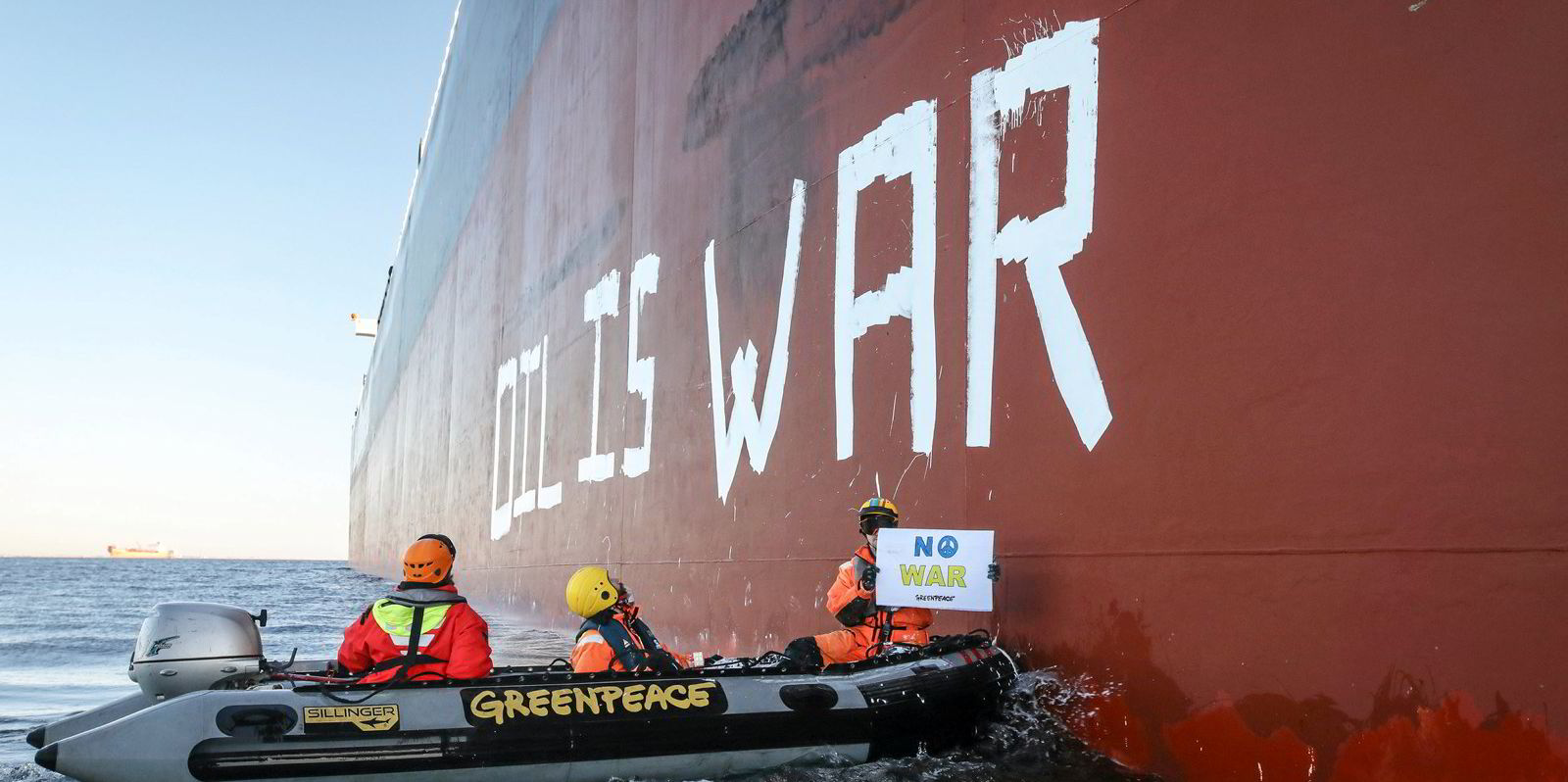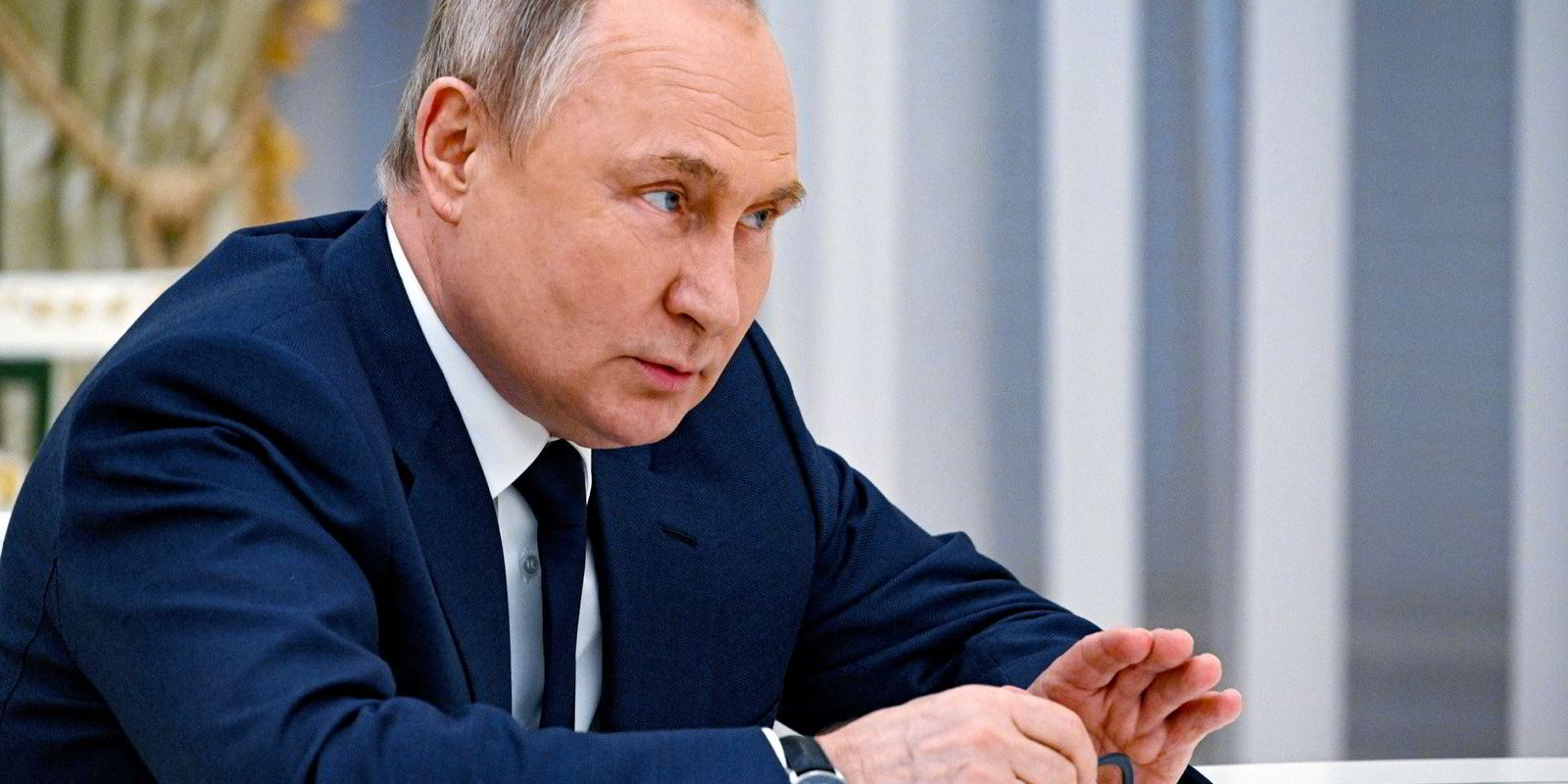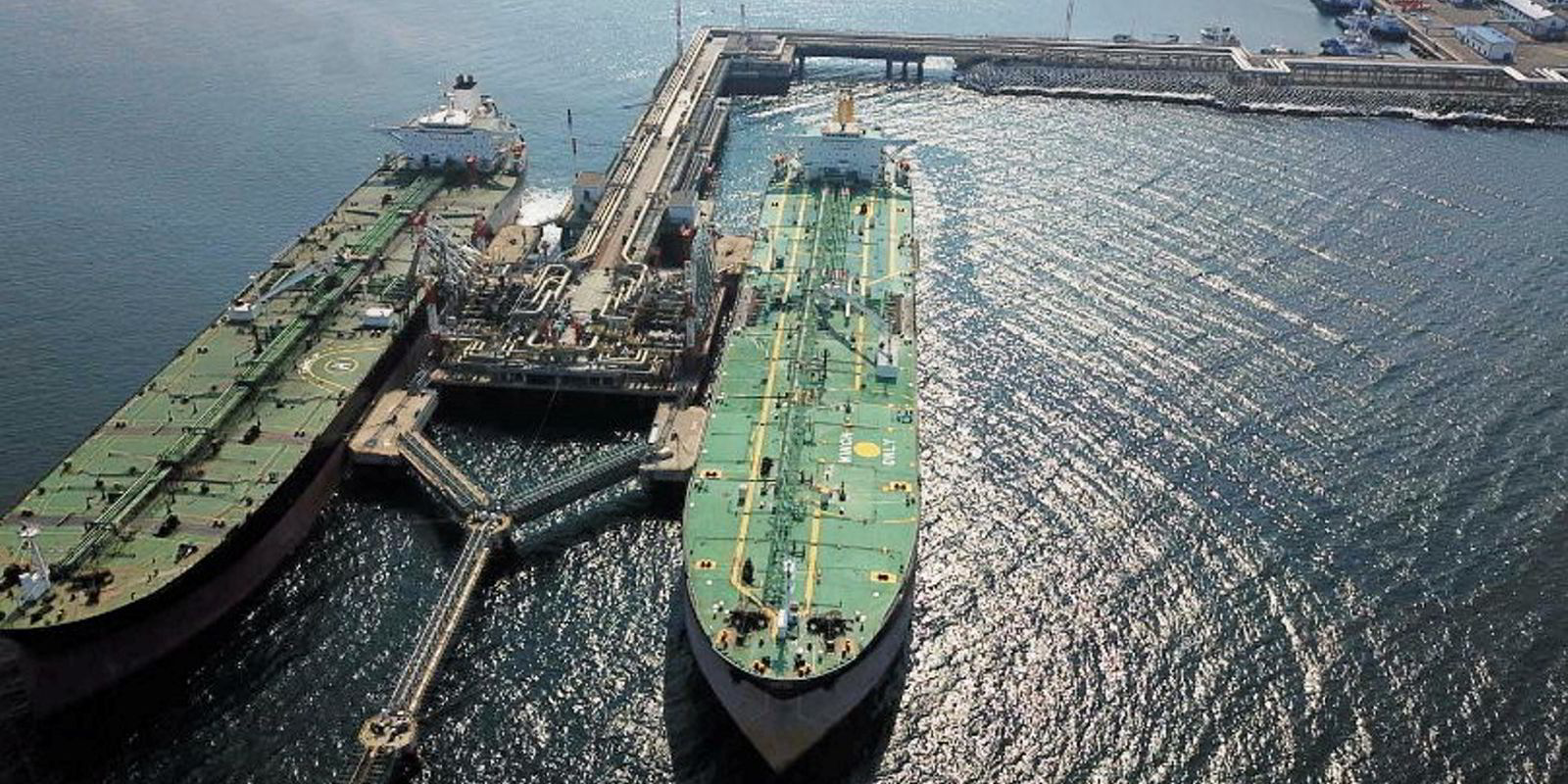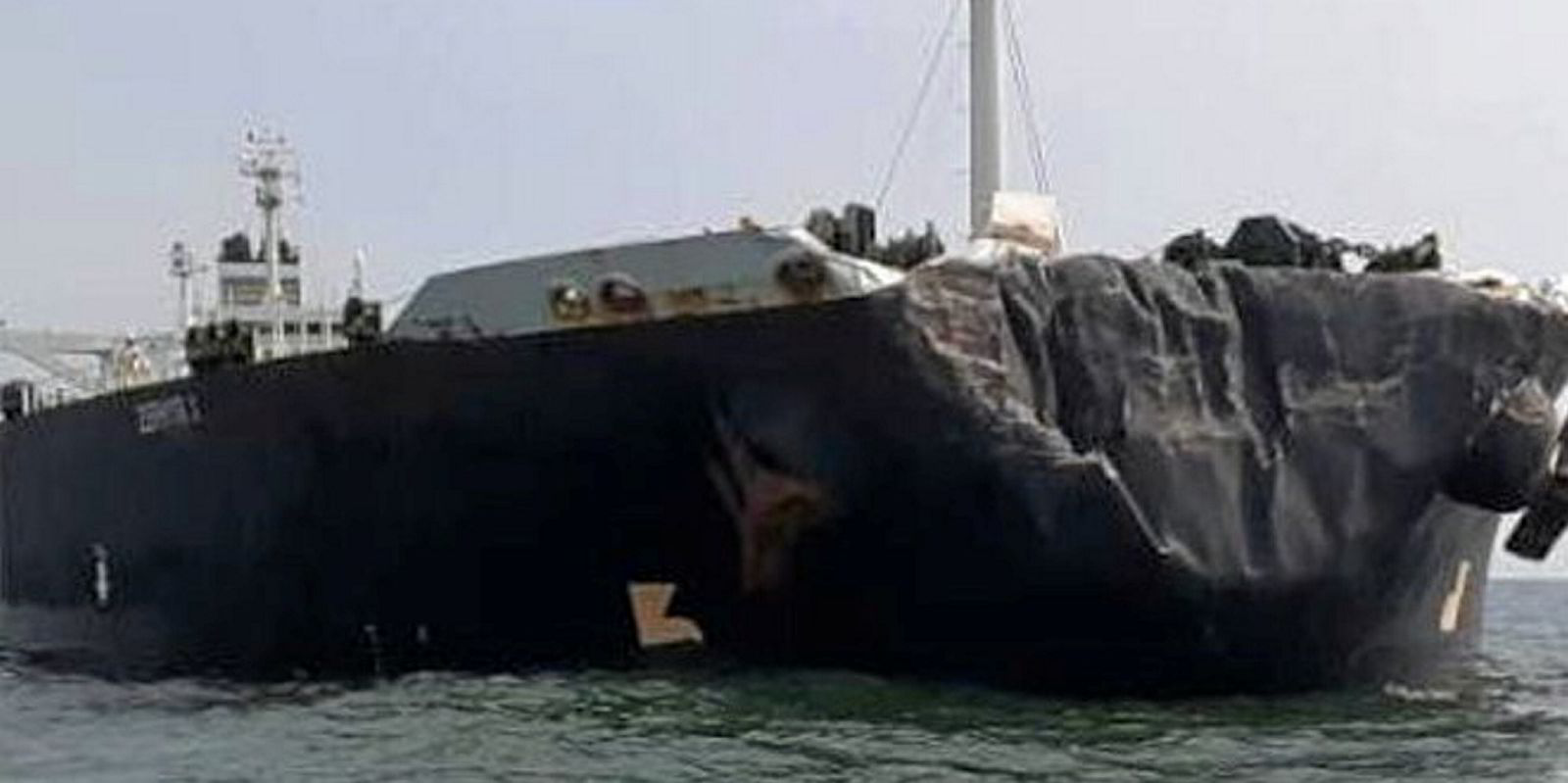The likelihood of a major pollution incident involving a tanker without adequate insurance cover seems to grow by the day. The ‘dark’ fleet of vessels specialising in illicit oil trades is increasing as the sanctions net gets cast wider and charter rates continue to soar.
The grounding of the 306,000-dwt tanker Young Yong (built 2001) off Indonesia comes as a stark warning of the type of accident that could be waiting to happen.
Indonesian authorities say the owner is cooperating with the salvage operation. The ship is listed as having protection and indemnity cover with Russia’s Ingosstrakh, although this could not be confirmed.
But the Young Yong is among 11 ships recently named by the US Department of the Treasury for sanctions-busting. The list also includes the 105,700-dwt Zephyr I (built 2002), which was involved in a collision in June.
Neither incident resulted in pollution, but it is not hard to imagine how a similar incident involving a ship operating in the so-called dark fleet could easily turn into an environmental disaster.
And with a ban on insurers providing P&I cover for ships carrying Russian oil — over a defined price cap — set to kick in, more likely than not, such an incident would involve a vessel without adequate third-party liability cover.
The International Oil Pollution Compensation Funds (IOPC Funds) has been raising the alarm over the growing problem of uninsured, or inadequately insured vessels, over the past year.
It has good reason to be concerned. If an uninsured tanker is involved in a major oil pollution incident, then the IOPC Funds might find the multimillion US dollar claims landing right on the doorstep of its London headquarters.
The IOPC Funds, which is made up of a levy on oil exports, usually covers the cost of oil pollution above the shipowner’s liability as defined by international limitation of liability conventions.
But if the vessel has no insurance — or the underwriter cannot afford to pay out or is restrained by sanctions — then the IOPC Funds could find itself potentially exposed to the full cost.
Crew and coastline at risk
In a recent paper, it argued there is a safety and insurance issue caused by sanctions that needs to be urgently addressed.
“Many vessels are attempting to circumvent sanctions by various methods, which negates many of the IMO safety measures, risking the crews involved and putting coastlines at an increased risk of oil pollution,” the IOPC Funds said.
“In addition, as a result of the restriction on the insurance of vessels carrying Russian crude oil and products, more shipowners will need to insure with non-IG [International Group of P&I Clubs] insurers.”

The IOPC Funds, the International Maritime Organization’s Legal Committee and the International Group have been in discussions about how to tackle the problem of the impact of sanctions on the insurance of vessels. Representation has also been made to the European Union and the US to discuss the problem.
Governments are clearly aware of the issue.
But, although guidance has been issued, no one has yet come up with a solution as to how insurance can be weaponised in international sanctions against Russia without causing a huge hole in the international oil pollution compensation regime.
As broker Poten & Partners recently pointed out, it is not just that these tankers may not have adequate insurance, investors are targeting older vessels, that will be less well-managed and at a higher risk of an accident.
Erik Broekhuizen, head of research at Poten, said in a weekly note to clients: “They buy old vessels (frequently vessels that would otherwise would have been recycled) and spend the bare minimum on repairs and maintenance.
“The illegal nature of the business makes it impossible to use reputable crew managers and arranging proper insurance is difficult as well.”
Governments might get lucky, a major oil pollution incident may simply not happen. But, with the winter season in the northern hemisphere approaching, sanctions biting and illicit activity increasing, it feels like there could be a catastrophe in the making. Who is going to pay for it?





